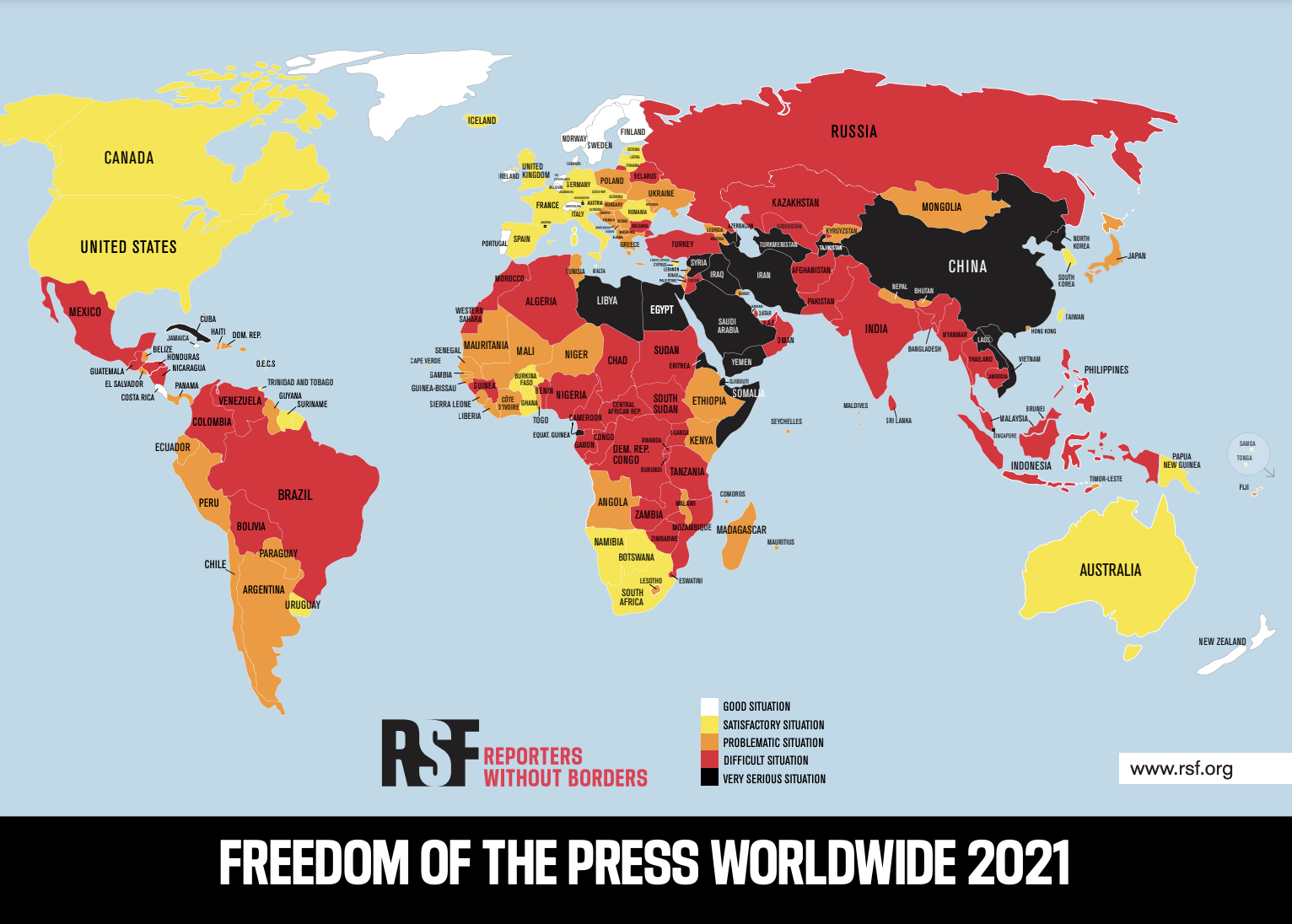The Botswana government has amended the controversial Criminal Procedure and Evidence (Controlled Investigation) Bill which is legislation journalists feared would muzzle free speech and tighten the vice on the press.
The proposed bill was published in the government gazette on January 12 and was previously referred to as the Interception of Communication and Forced Disclosure of Information to State Intelligence and Law Enforcement Agencies.
If passed, the bill would have given the state power to surveil without warrant or supervision from the courts.
Media Institute of Southern Africa (MISA Botswana) director Tefo Phatshwane, told frayintermedia that the Botswana government has now backtracked on the controversial aspects of the bill.
“We were complaining about the bill, as it was open to abuse by the state law enforcement agencies as it gave them a blank cheque to do as they please.”
“The government has added safeguards like judicial oversight, communication interceptions, warrants and use of fake identities will now have to be authorised by the courts after motivation by the applicants.”
The government’s latest amendments to the Bill removed clauses that would allow authorities to surveil citizens and conduct undercover operations without a warrant, criminalizing the abuse of these powers, with penalties up to life imprisonment.
Various continental media forums expressed disapproval of the bill. On January 27 in a statement, The African Editors Forum (TAEF) said if the bill were to be passed, it would be a direct move to subvert democracy and violate the rights of the media to do its work freely and the rights of Batswana to freely receive information.
“The planned legislation will have a chilling impact on media freedom as well as other civil liberties,” warned TAEF chairperson Jovial Rantao.
Protection of sources
“For journalists, forced disclosure of information threatens their work in that it leaves media professionals and their sources vulnerable to abuse and harassment,” the Media Institute of Southern Africa MISA Botswana and Botswana editors forum (BEF) said in a joint statement on January 26.
“The law forces the disclosure of information. This goes against the ethics of journalism, in particular, where sources of information are supposed to be protected. For the media, protection of sources is cardinal,” read the statement.
The 2021 Freedom House findings on Botswana awarded the country 72% in terms of general freedoms but condemns the government for maintaining a hostile relationship with the media despite a change of guard.
Media in Botswana however continues to experience intimidation and harassment under the government of president Mokgweetsi Masisi.
According to the Reporters Without Borders (RSF) 2020 World Press Freedom Index, press freedom violations in Botswana had declined under his rule.

In April 2020, president Masisi was accused of using Covid-19 pandemic response measures to crack down on media and government critics. That followed the passing of the Emergency Powers Act by Parliament, which allowed the president to rule by decree for six months.
In June 2020, two Weekend Post journalists were detained by country intelligence services accused of photographing a building linked to the Directorate of Intelligence and Security.
Fear of harassment
Motswana journalist Keneilwe Pono told frayintermedia that many journalists fear harassment and abuse that journalists and their sources are being subjected to which could lead to the circulation of unbalanced stories.
“We fear that the bill will be used to abuse and harass us. As the media, according to our ethics, we need to protect our sources more especially those who want to remain anonymous.
“I see us as journalists writing unbalanced stories because our sources will fear giving us interviews,” she added.
The Southern African Editors Forum (SAEF) noted that the pursuit of this bill represents a tightening vice on freedom and independence of the media. Their view was echoed by the Media Institute of Southern Africa.
“Once again, the media will be prone to being targeted and being harassed. Even without this law, the media in Botswana was prone to harassment, arrests and beating by law enforcement agents. We shudder what will now become of it.”
Campaign for Freedom of Expression executive director Anton Harber said the government’s decision to quickly water down the bill is a positive outcome.
“From a Bill that threatened media freedom, Botswana now has one that regulates covert investigations. It is not perfect, but – if implemented properly – can have positive effects,” said Harber.

